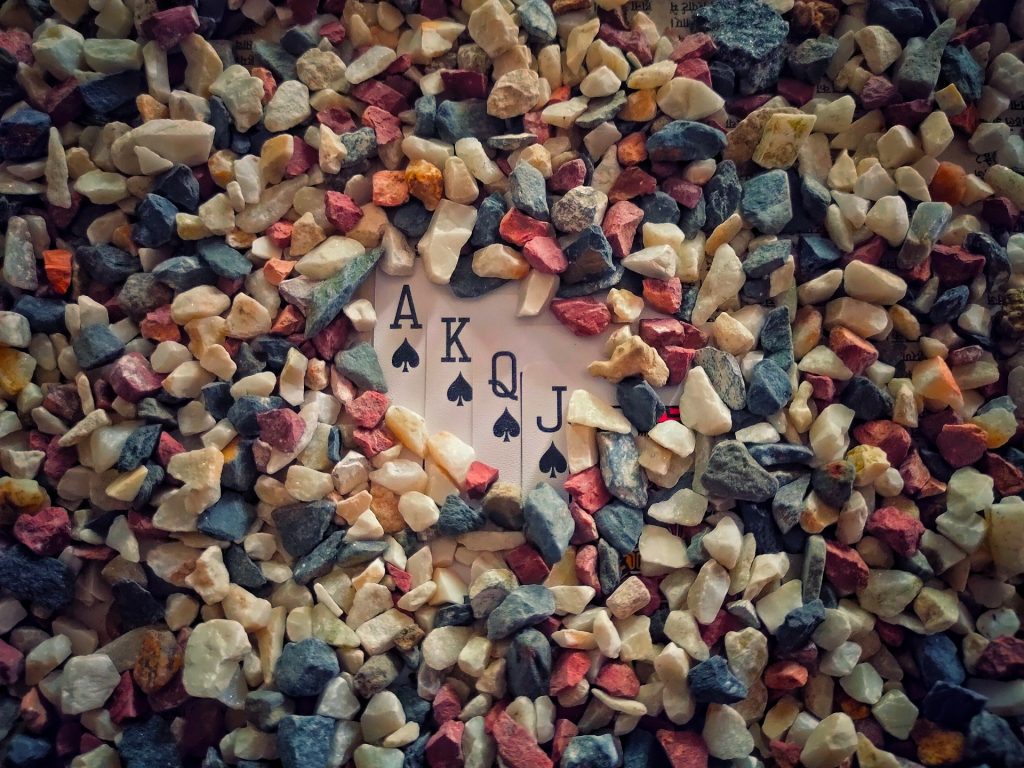Blackjack is a game steeped in tradition and rich with terminology that might baffle the uninitiated. Among these terms, one that often raises eyebrows is “monkey.” To the casual observer, it might conjure images of primates swinging from trees, but in the context of the game, it holds a specific meaning. Let’s delve into this intriguing term and unravel its significance in the world of blackjack.
Understanding Blackjack Jargon
In the world of blackjack, mastering the jargon is akin to learning a new language. “Hit” means requesting another card, “stand” is refusing additional cards, “double down” involves doubling your initial bet for one more card, and “split” allows you to separate pairs into two distinct hands. These terms form the backbone of blackjack strategy, guiding players through the intricacies of each hand. However, nestled among these familiar terms is “monkey,” a term shrouded in mystery for the uninitiated. Understanding its significance requires a deeper dive into the nuances of the game and how certain cards can sway the outcome of a hand. So, let’s unravel the enigma of “monkey” and shed light on its role in the captivating world of blackjack.
The Enigmatic “Monkey”
In blackjack, “monkey” is a colloquial term used to refer to certain cards, specifically the face cards—kings, queens, and jacks—along with the ten-value cards. These cards are characterized by their intricate designs, often featuring depictions of royal figures, hence the term “face cards.” The designation of “monkey” likely stems from the playful nature associated with these cards, akin to the mischievous antics of monkeys.
Significance in Gameplay
Understanding the significance of “monkey” in blackjack is crucial for players, as it influences strategy and gameplay decisions. These high-value cards carry considerable weight in determining the outcome of a hand. When a player receives a “monkey” as part of their initial hand or through subsequent hits, it can significantly improve their chances of achieving a winning total of 21 or beating the dealer’s hand.
Impact on Odds and Strategy
The presence of “monkey” cards in the deck directly impacts the odds and probabilities involved in blackjack. Since face cards and tens have a value of 10, their abundance in the deck increases the likelihood of achieving strong hands, such as blackjack (an ace paired with a face card or ten). Consequently, players often adjust their strategies based on the perceived density of “monkey” cards remaining in the deck.
Counting the Monkeys: Card Counting
Card counting, a strategic technique employed by skilled players, involves keeping track of the cards that have been dealt to gain insight into the composition of the remaining deck. “Monkey” cards play a pivotal role in card counting methodologies, as their depletion or accumulation provides valuable information for assessing the likelihood of favorable outcomes. However, it’s essential to note that card counting requires a high level of skill and is not without its challenges and ethical considerations.
In the intricate tapestry of blackjack terminology, “monkey” stands out as a colorful and evocative term that encapsulates the allure and excitement of the game. Understanding its meaning and significance enhances players’ appreciation for the complexities of blackjack strategy and gameplay. Whether you’re a novice or a seasoned veteran, recognizing the role of “monkey” cards adds a new dimension to your blackjack experience, enriching your journey through the captivating realm of the casino floor.

